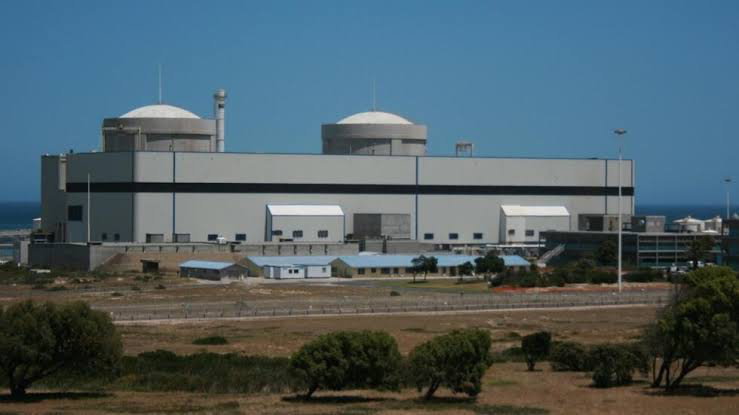The nuclear energy sector is witnessing an important revival as it promises to play a crucial role in complementing renewable energy sources to meet global electricity demands. This resurgence often termed the “nuclear renaissance,” is crucial in the context of reducing reliance on coal-fired power plants and addressing some of the most pressing global challenges, including climate change and energy security.
According to the International Atomic Energy Agency (IAEA), there has been a noticeable shift in global energy strategies, with an increasing number of countries planning to incorporate or expand nuclear power in their energy mix. IAEA Director-General Rafael Mariano Grossi highlighted the crucial role of nuclear energy as part of the solution to global challenges, emphasizing its low carbon credentials and its potential to significantly enhance energy supply security.
The attraction to nuclear energy is evident in its ability to replace multiple coal-fired power plants, thereby substantially reducing carbon emissions. Furthermore, the advent of small modular reactors (SMRs) presents an opportunity to replace old coal-fired plants of similar size, offering a more sustainable and efficient approach to meeting energy needs.
The IEA’s “Electricity 2024” report projects a nearly 10% increase in global nuclear generation by 2026 compared to 2023, driven by new plants starting operations in various regions, France’s nuclear recovery plan, and anticipated restarts in Japan. Notably, over half of the new nuclear capacity expected to come online globally by 2026 is in China and India, highlighting the significant role of these countries in the nuclear sector.
Despite the optimistic outlook, the nuclear industry faces dual risks related to construction and finance. The construction phase is fraught with risks such as technical difficulties, regulatory hurdles, and staff shortages, which can prolong timelines and escalate costs. Therefore, comprehensive pre-construction planning and risk management are essential to mitigate these challenges.
Financing nuclear projects also presents difficulties due to the substantial upfront costs and long timelines, making the projects particularly sensitive to interest rate fluctuations. Innovative financing models and government interventions, such as contracts for difference (CFDs) or guarantees, are critical in managing these costs.
Africa is also embracing nuclear technology, with several countries planning or constructing new nuclear facilities. For instance, Egypt’s El-Dabaa Nuclear Power Plant, which will include four units with a capacity of 1,200 MW each, represents a significant step forward in Africa’s nuclear ambitions. Other African countries like Ghana, Morocco, and South Africa are also making strides in integrating nuclear energy into their national energy strategies.
SMRs are emerging as a promising solution to some of the financial and construction risks associated with traditional nuclear plants. These reactors offer flexibility, allow for serial factory production, and are suitable for locations that cannot accommodate large-scale plants. Countries like China and Russia are leading in the operationalization of SMRs, with other nations exploring their potential.
Russia continues to expand its nuclear influence in Africa, evidenced by recent agreements with Mali and Burkina Faso to develop nuclear power infrastructure. These partnerships are part of a broader strategy to enhance Africa’s energy capacity and stability through nuclear technology.
The nuclear renaissance is poised to play a pivotal role in the global transition to a more sustainable and secure energy future. With its ability to significantly reduce carbon emissions and provide a stable energy supply, nuclear energy is becoming an increasingly attractive option for many countries. As the sector continues to evolve, the integration of new technologies like SMRs and the expansion of nuclear energy into new markets such as Africa are expected to contribute further to its growth and development. This revitalization of the nuclear industry is not only a testament to its enduring value but also a critical component of the global strategy to combat climate change and foster economic development.
Source: ESI Africa



